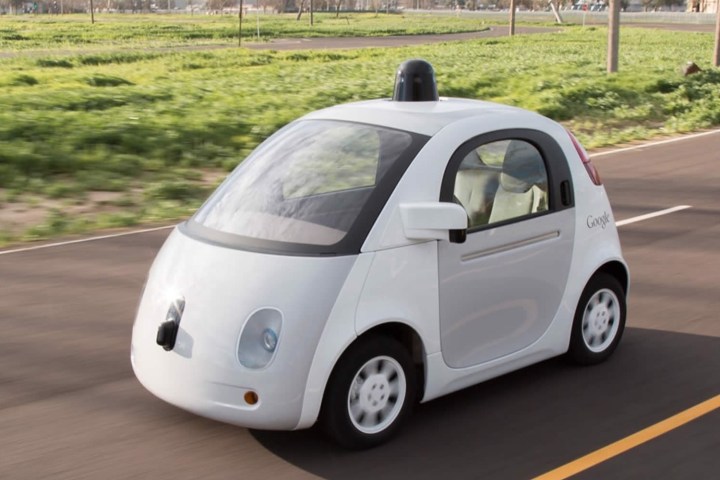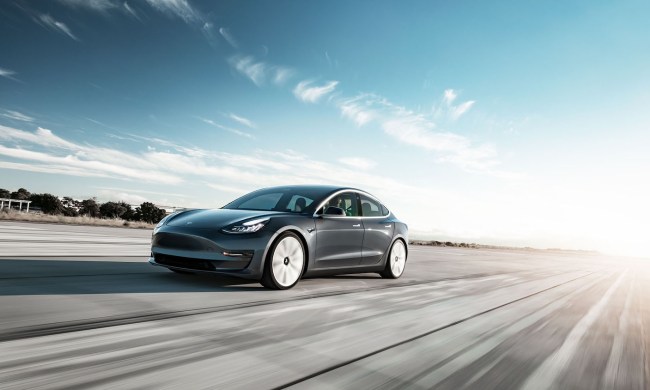
“No one incident will derail the Department of Transportation and NHTSA from its mission to improve safety on the roads by pursuing new lifesaving technologies,” NHTSA head Mark Rosekind said this week. The agency had expected to release guidelines for autonomous vehicles on July 14, but has now pushed that date off until later this summer. The delay, however, is not related to the Florida accident, according to Rosekind.
Rosekind stated that autonomous driving vehicles’ potential to reduce car crashes due to human error has the NHTSA “bullish” on the technology.
The NHTSA attributes human error to 94 percent of car crashes. That percentage references a 2015 NHTSA report of more than 2 million accidents from 2005 to 2007. The report cited the critical reason for the crashes was human-related, largely due to recognition errors, decision errors, performance errors, and non-performance errors. Vehicle-related critical reasons for crashes were accountable for 2 percent of the crashes — the remaining 4 percent were attributed to environmental or unknown factors.
Stating that, like humans, self-driving cars will “learn” from their mistakes, Rosekind also said that before deployment on U.S. roads, autonomous vehicles will need to be “much safer” than those driven by humans. He did not specify to what extent that entails. In this week’s Tesla Master Plan Part Deux, CEO Elon Musk wrote that he will not remove the “beta” designation from the company’s Autopilot feature until the company can show that it is 10 times safer than human drivers.
Rosekind said we cannot delay until self-driving technology is perfect. “If we wait for perfect, we’ll be waiting for a very, very long time,” he said. “How many lives might we be losing while we wait?”



